


With the rapid growth of the number of private swimming pools around the world, the functions of old-style swimming pool robots can no longer meet people's multi-dimensional needs for convenient, clean, and intelligent swimming pool cleaning. The development of new swimming pool robots has become a rigid demand. To this end, ADW launched the first ultrasonic underwater ranging sensor, which uses mature and excellent sonar technology to enable swimming pool cleaning robots to be more convenient, cleaner, and smarter, and to help the development of the industry.
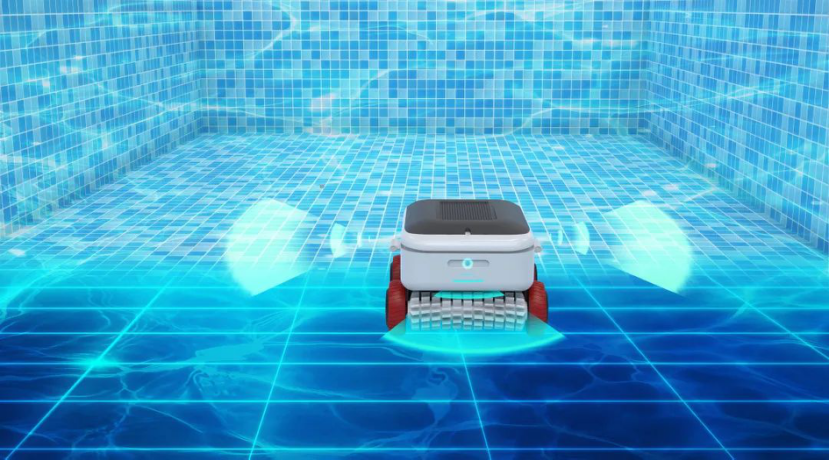
Underwater sonar technology: Accurately perceive the swimming pool environment
Uses the characteristic of sound wave propagation and reflection in water, and uses the positive and negative piezoelectric effects and information processing to perform navigation and ranging. This technology can be used to detect underwater targets ( including the target's existence, location, properties, direction of movement, etc.) and communicate. It is currently the most effective technical means for measurement and observation in water.
Ultrasonic underwater ranging sensor
The ultrasonic underwater ranging sensor is based on the principle of underwater sonar technology. It emits ultrasonic waves due to the inverse piezoelectric effect. When it propagates in the water, it hits an obstacle and reflects the echo. After being received by the sensor, its built-in circuit converts the received signal into digital form and calculates the obstacle distance through the MCU according to the TOF principle.
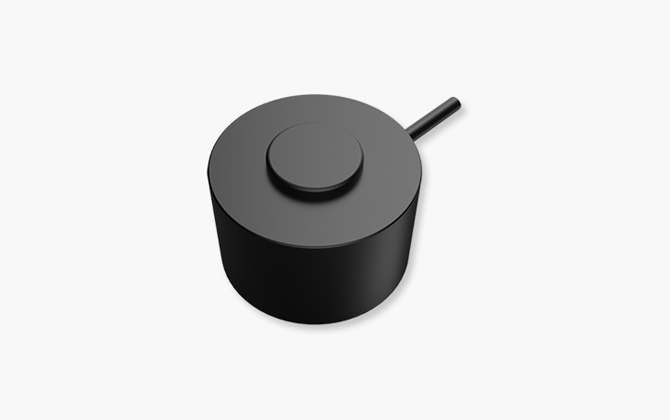
ADW's first ultrasonic underwater ranging sensor can emit 1 MHz ultrasonic waves and measure up to 8 meters away, meeting the cruising and obstacle avoidance needs of swimming pool robots during underwater operations. It can also assist in restoring the full picture of the underwater swimming pool and help upgrade the robot to intelligent capabilities.
Long detection distance, perception-assisted map planning
The ultrasonic underwater ranging sensor can detect the environment within a radius of 8 meters, sense the pool wall through echoes, and navigate the pool cleaning robot. Based on these perception data, the robot calculates its relative position and orientation in the pool, determines the robot's location, and plans the cleaning path.

Small measurement blind area, effectively preventing violent collisions
The ADW ultrasonic underwater ranging sensor has a blind spot as small as 6cm, accurately detecting nearby objects, pool walls, steps and obstacles. The sensor with digital communication function can help the equipment slow down in advance. In addition, the sensor with small blind spots can provide an environmental perception basis for the equipment to establish the edge cleaning function, so that cleaning is complete and more efficient.
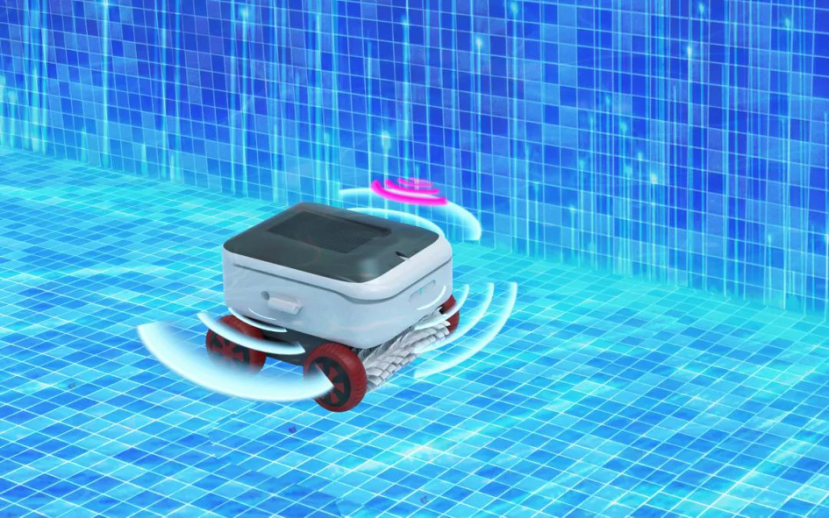
Low power consumption, more compatible with cable-free design
Wireless pool cleaning robots have become the trend of the industry, and creating wireless pool cleaning robots with long battery life will be the key to winning the market competition. Ultrasonic underwater ranging sensors have low power consumption and do not affect the power needs of other components, providing excellent conditions for wireless pool cleaning robots to enhance their battery life.
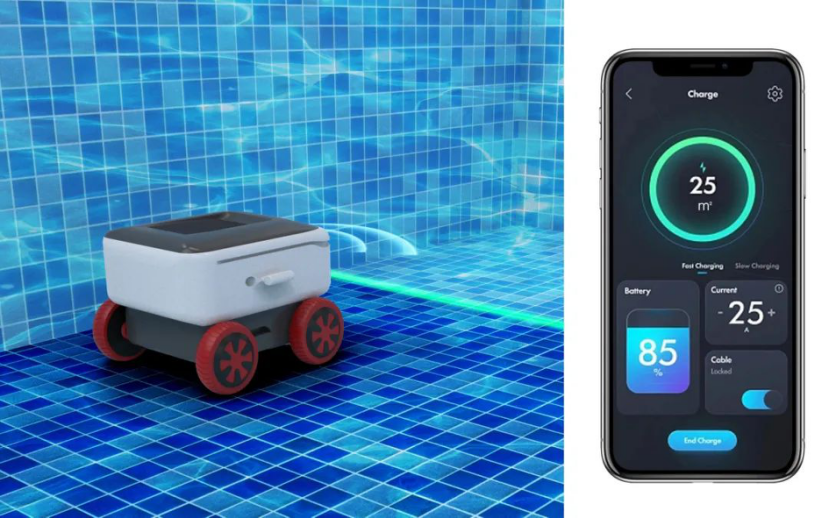
IP68 waterproof, suitable for outdoor and indoor swimming pools
The product has a waterproof density of up to IP68 and can work continuously for 168 hours at 3 meters underwater without any faults. It has a wide operating temperature range and can operate for a long time in water of 0.1~+45℃ (non-freezing state), making it suitable for use in swimming pools in different environments such as outdoor and indoor environments.
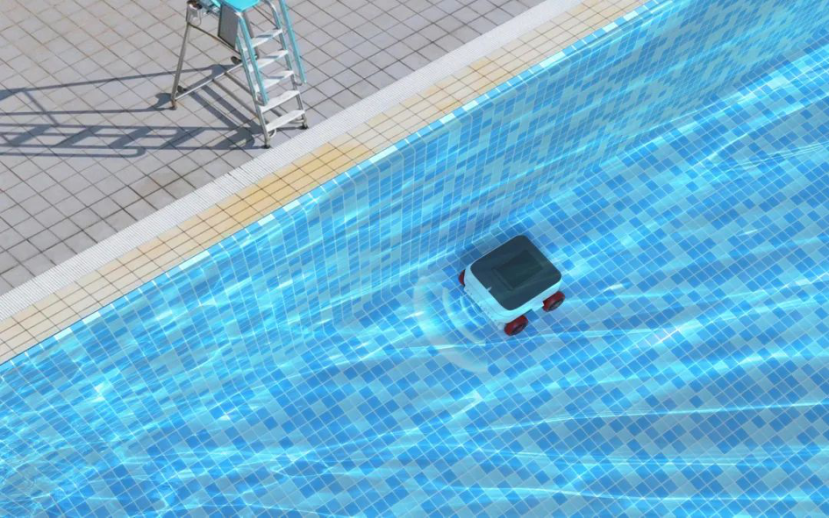
There are more than 26 million private swimming pools in the world, and the number is increasing by 500,000 to 700,000 per year. Pool cleaning has become a new blue ocean for economic development that needs to be explored. However, the premise for fully automatic cleaning robots to replace the hard work of pool cleaning is economical and affordable. How to take the lead in this field depends on the "intelligence" of the robot.